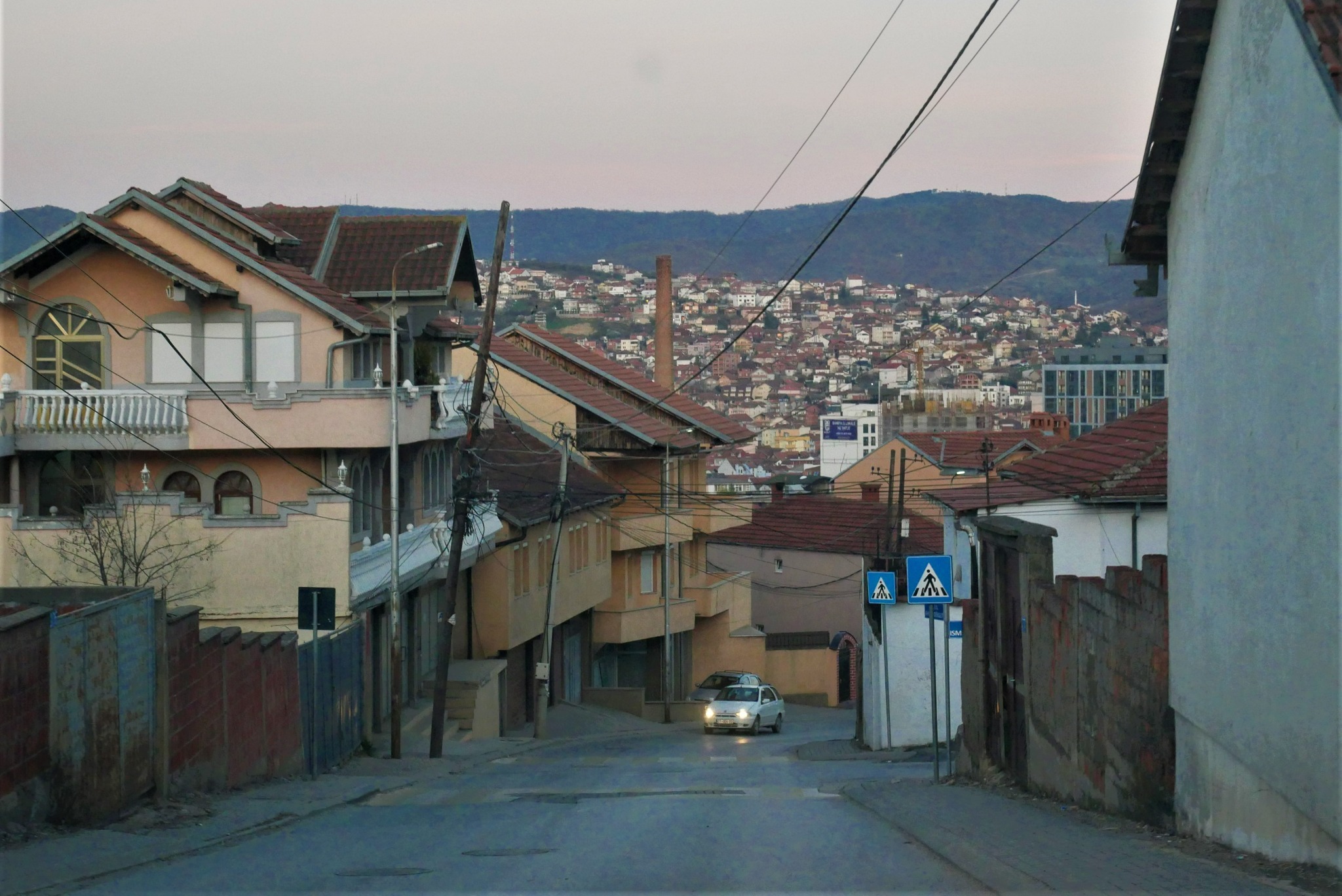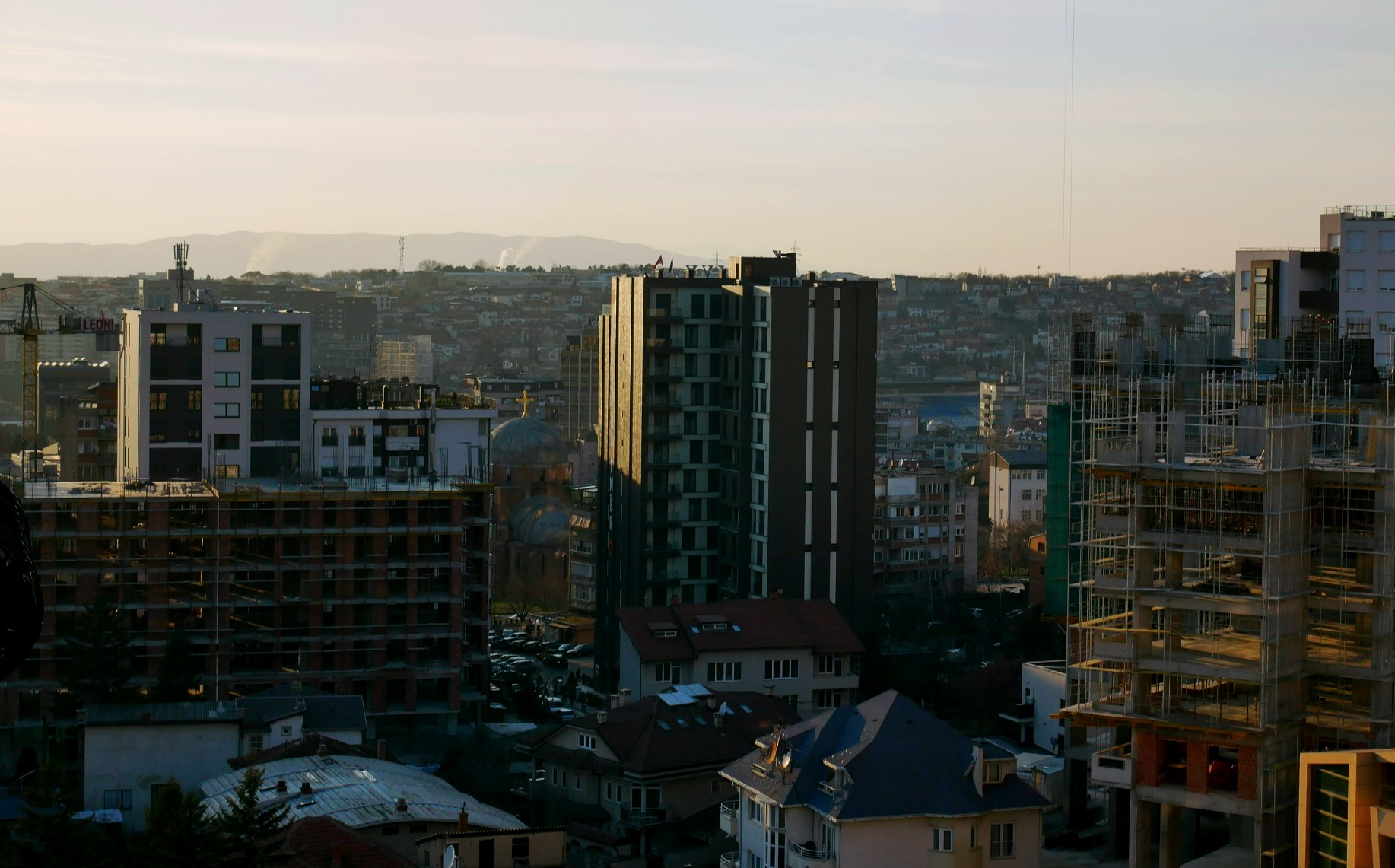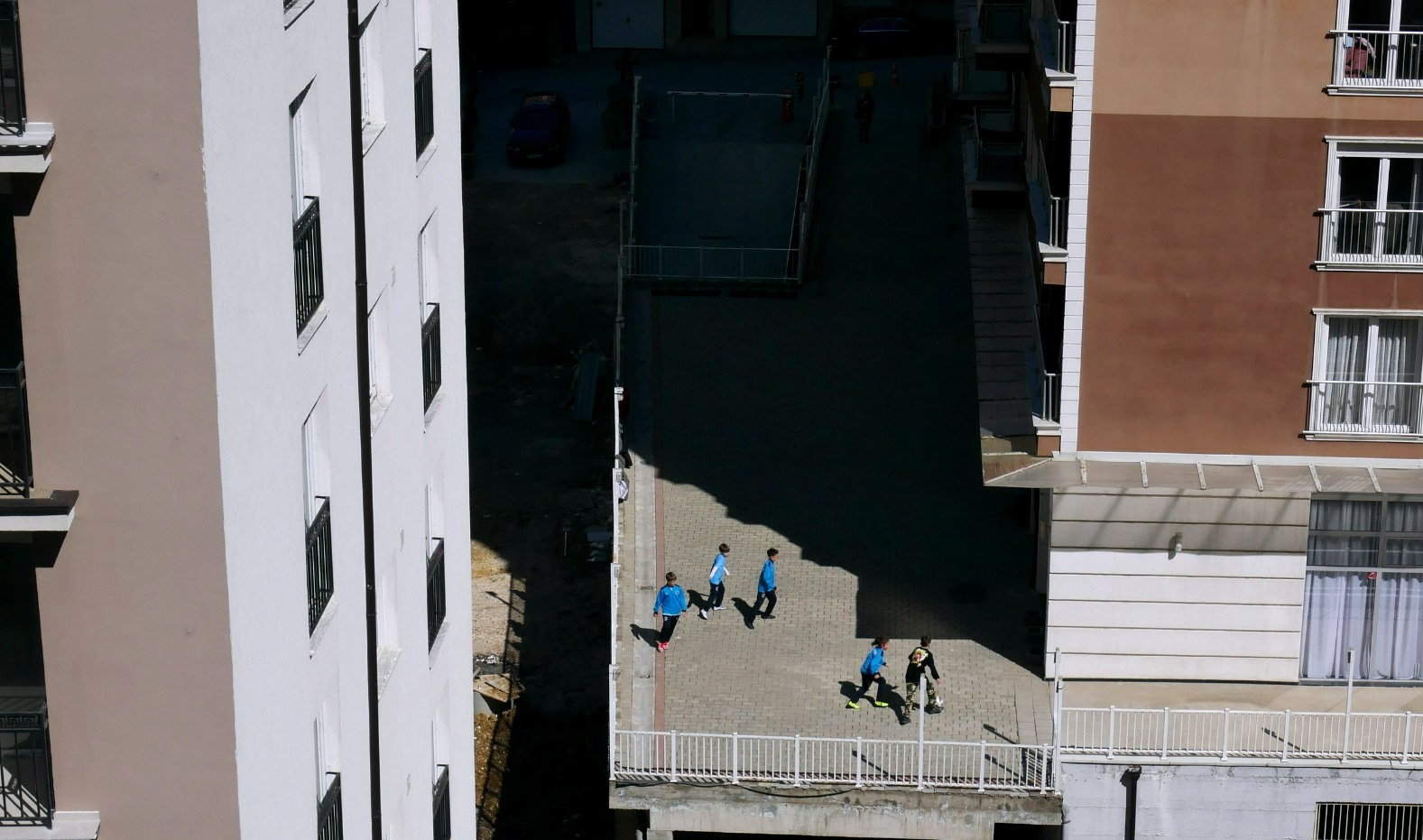What about Kosovo?

25 years after the anniversary of NATO’s intervention into the Kosovo War, residents of the young Balkan country were handed a harsh reminder of how fragile freedom is.
Serbian forces kidnapped three Kosovo police officers near the small border village of Bare, Kosovo, on June 14, following weeks of unrest in Kosovo’s predominantly ethnically Serb north.
As Sidita Kushi pointed out in her article on Newsweek, the U.S. has essentially left Kosovo behind to fend for itself against Serbia’s criminal linked-regime.
And now Kosovo has been condemned internationally for putting elected officials in office - from an election which was recognised by the west.

For the West to have poured so much attention and assistance into Kosovo following the brutal genocide of ethnic Albanians by Serbian forces in the late 1990s, to now seemingly turn a blind eye to Serbian President Aleksandar Vučić and his government in the face of gross violations, is incredibly disheartening.
Kosovo resident Diar Hajrizi said: “The West's so-called 'neutral' political stances will end up being pro-aggressor stances if Serbia continues to face no repercussions for its actions.”
Simply put, the West cannot forget Kosovo. Each time Kosovo makes strides in their aspirations to join the EU and other European organisations, they are brutally brought back down by Vučić's regime, which continues to not recognise Kosovo’s independence.
As Kushi points out in her article, Serbia’s government mobilised tanks and warplanes to the border with Kosovo over a dispute on licence plates, without any international condemnation from leaders.
The Serbian government cannot keep getting away with what is clearly a provocation of already unstable relations, which Kosovo has tried to remedy.
The government in Serbia has been linked to criminal organisations, and it's no secret Vučić is pals with autocrats like Aleksandr Lukashenko (Belarus) and Vladimir Putin.
Yet, Serbia doesn’t seem to realise that its actions against Kosovo are not just hurting innocent people, but also hampering its own aspirations to join the EU.
The New York Times did a wonderful piece recently on the rise of Vučić, Serbian soccer hooligans and organised crime links in the government.
It’s no secret that Russian and Serbian-linked criminals have also made their way into Kosovo, as Kosovo President Vjosa Osmani told me and colleague Louis Regan during an interview in March.
She said: “They [Serbia] have been financing and fully supporting politically, financially, and all other ways, criminal groups that are part of transnational organised crime groups, according to the UK and US.
"Serbia has been openly supporting these groups in northern Kosovo, including committing crimes against Serbs who live in the north.”
Last month, a masked man in Zvecan, northern Kosovo, was spotted spray painting the Russian symbol “Z” on Kosovo Police and NATO Peacekeeping vehicles.
Symbols of the Wagner group, Russia’s notorious paramilitary group, also were seen at protests.
This is not a coincidence.
Destabilisation by strategically planted, unmarked militias is a technique often used by Russia and Russian-linked countries before either invasion or clashes begin.
Look at Ukraine - Russia’s “little green men” were at the Maidan in 2014, stirring unrest years before Russia’s full-on invasion of Ukraine.
They seized control of Crimea in 2014, and let’s call them what they actually are - Russian invaders.
The absolute lack of recognition internationally of Serbia’s actions will only lead to Vučić and his regime pushing things further, and further. Like Putin did in Ukraine.
Nobody thought Russia would invade - until Putin began the war on February 24, 2022. Western support came fully after the invasion. The West needs to support the country affected by a similar pattern now.
We cannot let history repeat itself. We cannot let Vučić and his gangs continue to terrorise innocent ethnic Albanians AND ethnic Serbians in Kosovo to stir unrest and sow seeds of doubt.
Kosovo is not Serbia. But Kosovo cannot continue to grow and expand its democracy until the West calls out Vučić's actions for what they are - gross misconduct, incitement of violence and a slap in the face to democracy.
Hajrizi said: “We are seeing a clear pattern of provocative behaviour which, historically, has preceded full-blown wars. With that in mind, Kosovars are left feeling unsafe, given the lack of the West's intervention, as this is clearly a breach of Western values as well.
“Who do we turn to?"

Post a comment